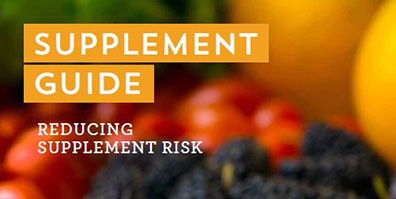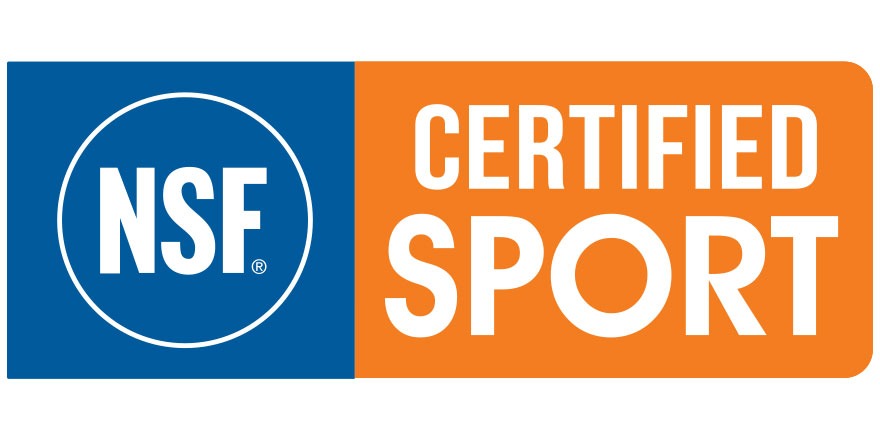SUPPLEMENT connect
Realize | Recognize | Reduce
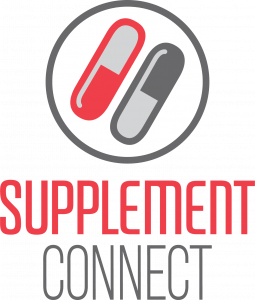
Supplement Connect is USADA’s dietary supplement safety education and awareness resource. While USADA has a long history of working to improve dietary supplement safety, the reality is that the use of dietary supplements can be risky, and that awareness and caution must be exercised when considering their use. If you’re looking for a quick answer, then USADA recommends you use only supplements certified by NSF Certified for Sport® as the way to best reduce your risk.
While no resource can protect you completely, Supplement Connect will help you gain a better understanding of the dietary supplement issue by covering the topics below:
- REALIZE there are safety issues with dietary supplements.
- RECOGNIZE risk when you see it.
- REDUCE your risk of testing positive and experiencing health problems by taking concrete steps.
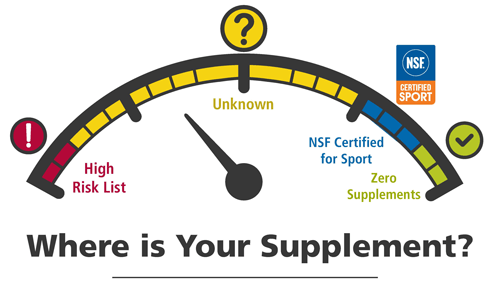
Dietary supplements are regulated in a post-market fashion, which means that no regulatory body approves the accuracy of the label or safety of the contents before they are sold to consumers. As such, no dietary supplement can be guaranteed to be 100 percent risk-free. If athletes choose to use supplements despite the risks, USADA has always recommended that athletes use only dietary supplements that have been certified by a third-party program that tests for substances prohibited in sport. USADA currently recognizes NSF Certified for Sport® as the program best suited for athletes to reduce the risk from supplements.
For more information, visit our Athlete Advisory and NSF FAQ.
Click the buttons below to find out how you can Realize, Recognize, and Reduce your risk from supplements:
supplement news

Supplement High Risk List: What are Regulatory Warnings?
Learn more about regulatory warnings on the dietary supplements featured on the Supplement Connect High Risk List.

3 Supplement Manufacturers Charged in Criminal Cases
Despite the challenges of removing illegal products from the market, regulators do occasionally catch up with the people who own and run fraudulent supplement businesses.
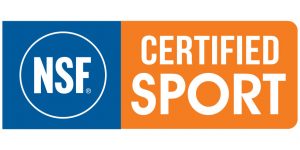
Supplement Risk and NSF Certified for Sport®
USADA currently recognizes NSF Certified for Sport® as the program best suited for athletes to reduce the risk from supplements.
resources
IMPORTANT LINKS
 Frequently Asked Questions
Frequently Asked Questions






